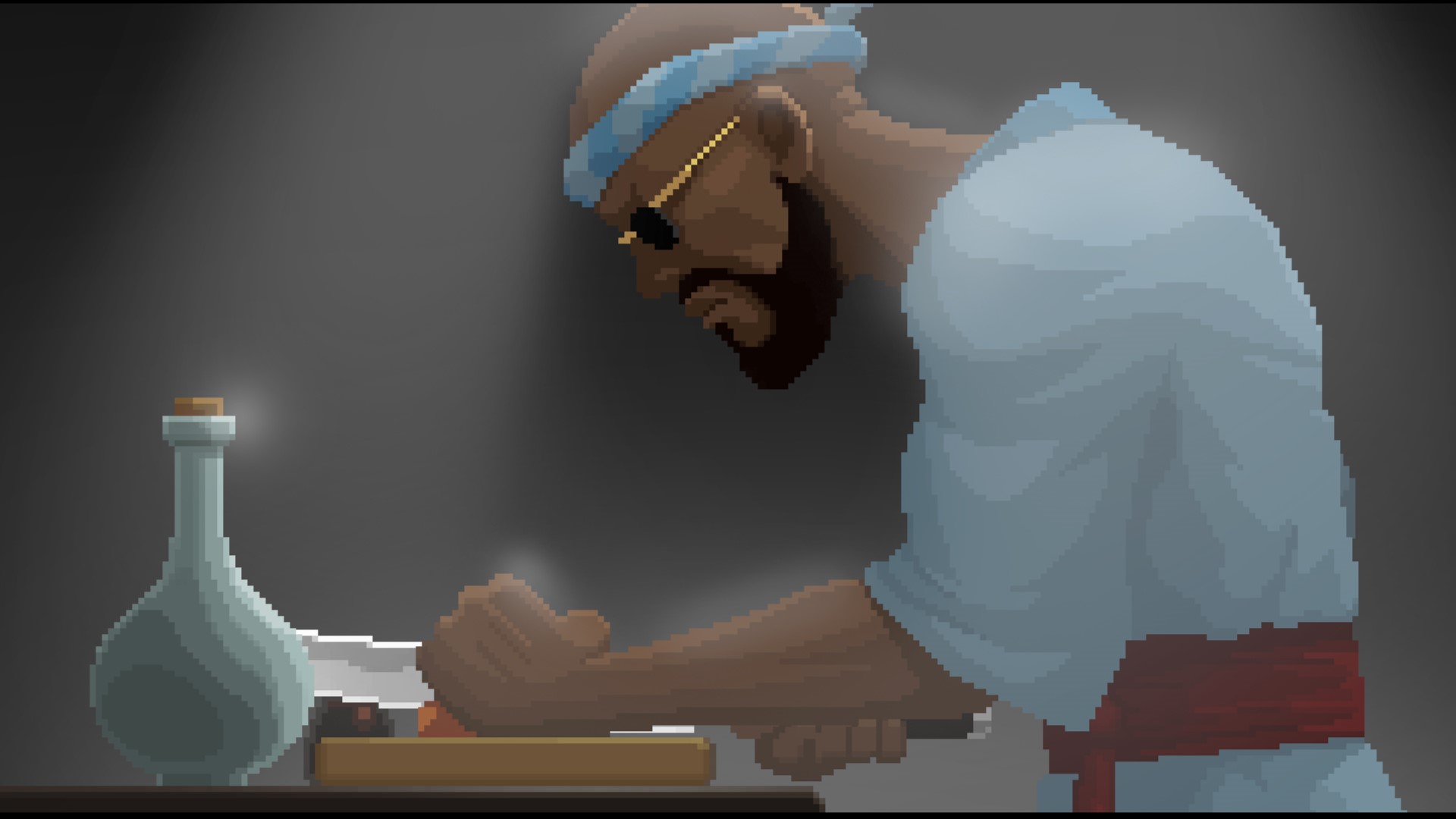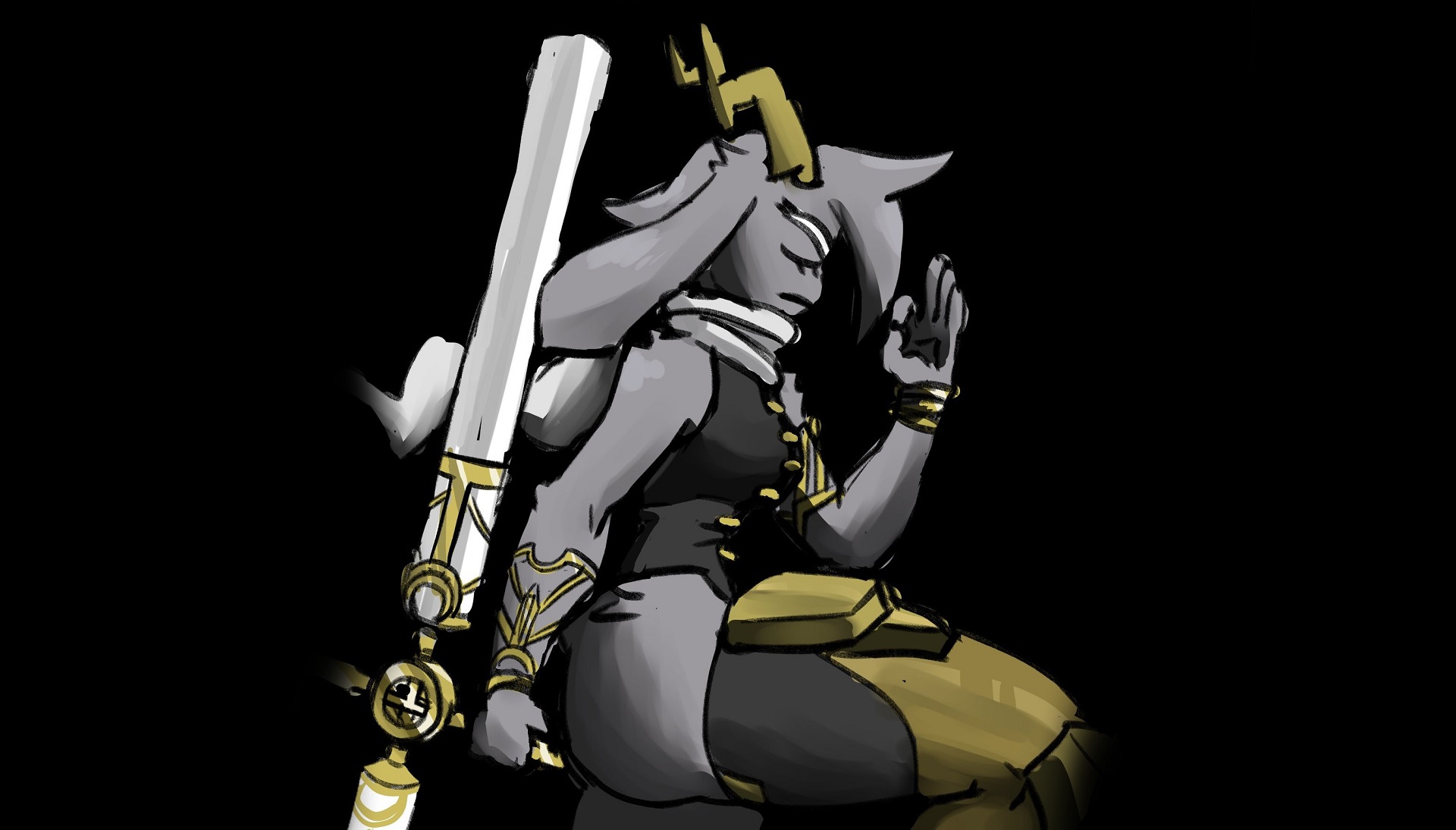"We don't think Steam should be pay to win": Valve explains how "games we would've never predicted" pop off so hard
Valve offers a rare look under the hood of Steam to break down why you see those recommended games

In a new talk discussing how Steam puts games in front of players, Erik Peterson of Valve's business team argues that storefront visibility shouldn't "be pay to win," and offers a look under the hood at how games get promoted on the biggest store in PC gaming. The talk is aimed at developers and publishers, but there are some interesting player-facing nuggets, too, especially if you're wondering why Steam keeps recommending you a certain type of game.
"Our goal with Steam is to match games with the players who will love them," Peterson begins. "It's really important to us that players trust that, when they see a game when they come to the Steam store, it's relevant and interesting to them."
Peterson reaffirms that Valve doesn't sell placements on its store. "We don't think Steam should be pay to win," he reiterates, pushing to "level the playing field" for games by not selling ads to the highest bidder.
Peterson also leans into the out-of-nowhere hits that emerge on PC far more regularly than other platforms: "Every week, Steam automatically picks up on games that we haven't even heard of, or games that we would've never predicted would be popular. Hit games are emerging organically, powered by what players are excited about. We think when we're surprised by a game, that's good. It's an indication that Steam is working properly."
The new and trending tab shown in the video features Pseudoregalia, an out-of-nowhere Metroidvania hit that earned its mostly solo dev a life-changing amount of money. Dave the Diver, one of the biggest success stories of the summer, is also prominently featured in the video – it even received a "full Steam takeover" banner on the front page of the store at one point. "The bar for something like a Steam takeover is really high," Peterson says. "It's actually the biggest amount of marketing that we provide for any game. As such, we have to really have confidence that it will appeal to a huge amount of customers. And this section is, as you might guess, curated. That means it is shown to every single user on Steam."

How do these games get picked up? It's well-known that Steam recommends games based on player preferences and patterns as well as global and regional trends. From top sellers and marquee featured games to the new and trending tab, waves of algorithms (and also some people) work behind the scenes to dig up topical titles that suit the documented interests of players, often based on the games they play or have shown interest in. Genre tags are hugely important, for example, because they make it easy for Steam to select games like the ones you already know.
Peterson explains that Steam's approach to recommendations is a mix of "algorithmic visibility and curated featuring," with the former being personalized (featured, recommended, discovery queue, curator recommendations) and the latter carving out the broad strokes shown to everyone (special offers).
Weekly digests, tales from the communities you love, and more
"We hear a lot about 'The Algorithm,' but in reality there is no one algorithm," Peterson says of Steam's automated curation. "Yes there are algorithms that react to players and drive what they see, but there is no magical algorithm."
"One of the most reliable and accurate ways we've figured out to measure player interest is revenue," he adds. "When a bunch of players are spending time and money on your game, it's a really strong signal to Steam that it could be interesting to other players too."
This type of algorithmic success ultimately fuels the Valve-curated stuff. Or as Peterson puts it, "curated featuring" like daily and weekend deals, or front page or content hub (genre page) banners, is "earned with player interest." This is derived from "a mix of sales and other custom signals," and "it's very competitive" given the massive megaphone it gives games.
"If you're looking to be part of a midweek or weekend deal, you're gonna need to be in the top few hundred best-selling games on all of Steam," Peterson continues.
I'm especially intrigued by the factors that, as Peterson explains in the latter half of the video, don't matter in Steam's eyes. Here's a quick summary.
- Algorithmic promotion can "happen any time during the life cycle of a game." Launch is usually the biggest period, but Peterson says Steam doesn't penalize older games, and "never makes a permanent decision about your game" even if "your launch doesn't go as planned."
- Store page traffic is "not really a factor" for player interest, though more views on a page can lead to more engagement in factors that do matter.
- Review scores don't affect visibility as long as a game's score is at least 40% positive – "mixed" reception or above. If a game has a lower score, in "mostly negative" or below, it "could have an effect" because "we're less likely to recommend a game that is a negative experience." Obviously, this only covers direct algorithmic implications; a higher review score will still inevitably attract more eyes.
- Wishlists affect the "popular upcoming" section before a game releases, and Steam Database has a whole page for the most-wishlisted games, but "the pure number of wishlists that you have does not affect your visibility."
- An Early Access release does not drive visibility, and Steam users can even filter out Early Access games entirely. "Early Access is not a marketing tool," Peterson says, but rather "a development tool."
- Localization does affect visibility simply because Valve is unlikely to recommend a game to people who aren't using the languages that game supports.
Here are the best Steam Next Fest demos from the storefront's latest free-trial blowout, which put plenty of promising indies front-and-center on our radar.

Austin has been a game journalist for 12 years, having freelanced for the likes of PC Gamer, Eurogamer, IGN, Sports Illustrated, and more while finishing his journalism degree. He's been with GamesRadar+ since 2019. They've yet to realize his position is a cover for his career-spanning Destiny column, and he's kept the ruse going with a lot of news and the occasional feature, all while playing as many roguelikes as possible.


